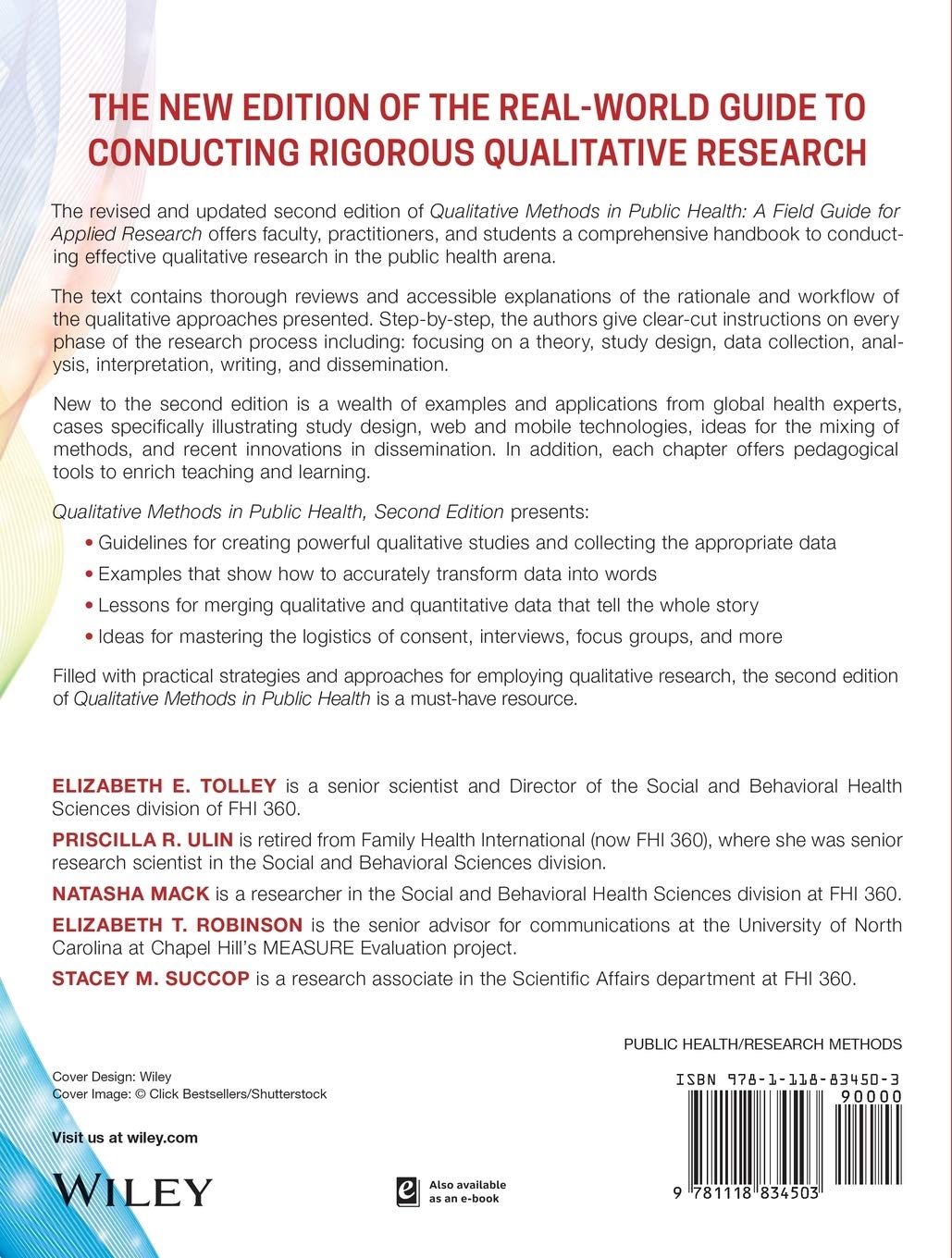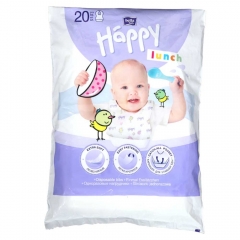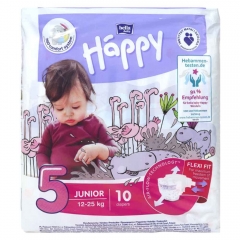-
 Thanh toán đa dạng, linh hoạtChuyển khoản ngân hàng, thanh toán tại nhà...
Thanh toán đa dạng, linh hoạtChuyển khoản ngân hàng, thanh toán tại nhà... -
 Miễn Phí vận chuyển 53 tỉnh thànhMiễn phí vận chuyển đối với đơn hàng trên 1 triệu
Miễn Phí vận chuyển 53 tỉnh thànhMiễn phí vận chuyển đối với đơn hàng trên 1 triệu -
 Yên Tâm mua sắmHoàn tiền trong vòng 7 ngày...
Yên Tâm mua sắmHoàn tiền trong vòng 7 ngày...
Qualitative Methods in Public Health: A Field Guide for Applied Research (Jossey-Bass Public Health)
-

- Mã sản phẩm: 111883450X
- (43 nhận xét)

- ASIN:111883450X
- Publisher:Jossey-Bass; 2nd edition (May 9, 2016)
- Language:English
- Paperback:480 pages
- ISBN-10:9781118834503
- ISBN-13:978-1118834503
- Item Weight:1.66 pounds
- Dimensions:7 x 1.1 x 9.1 inches
- Best Sellers Rank:#778,859 in Books (See Top 100 in Books) #163 in Health Care Delivery (Books) #232 in Public Health (Books)
- Customer Reviews:4.7 out of 5 stars 43Reviews

Tính năng sản phẩm
• Highlight, take notes, and search in the book• In this edition, page numbers are just like the physical editionMô tả sản phẩm
Product Description
Qualitative Methods in Public Health: A Field Guide for Applied Research, 2nd Edition provides a practical orientation to conducting effective qualitative research in the public health sphere. With thorough examination and simple explanations, this book guides you through the logic and workflow of qualitative approaches, with step-by-step guidance on every phase of the research. Students learn how to identify and make use of theoretical frameworks to guide your study, design the study to answer specific questions, and achieve their research goals.
Data collection, analysis, and interpretation are given close attention as the backbone of a successful study, and expert insight on reporting and dissemination helps you get your work noticed. This second edition features new examples from global health, including case studies specifically illustrating study design, web and mobile technologies, mixed methods, and new innovations in information dissemination. Pedagogical tools have been added to help enhance your understanding of research design and implementation, and extensive appendices show you how these concepts work in practice.
Qualitative research is a powerful tool for public health, but it's very easy to get it wrong. Careful study design and data management are critical, and it's important to resist drawing conclusions that the data cannot support. This book shows you how to conduct high-quality qualitative research that stands up to review.
From the Inside Flap
THE NEW EDITION OF THE REAL-WORLD GUIDE TO CONDUCTING RIGOROUS QUALITATIVE RESEARCH
The revised and updated second edition of Qualitative Methods in Public Health: A Field Guide for Applied Research offers faculty, practitioners, and students a comprehensive handbook to conducting effective qualitative research in the public health arena.
The text contains thorough reviews and accessible explanations of the rationale and workflow of the qualitative approaches presented. Step-by-step, the authors give clear-cut instructions on every phase of the research process including: focusing on a theory, study design, data collection, analysis, interpretation, writing, and dissemination.
New to the second edition is a wealth of examples and applications from global health experts, cases specifically illustrating study design, web and mobile technologies, ideas for the mixing of methods, and recent innovations in dissemination. In addition, each chapter offers pedagogical tools to enrich teaching and learning.
Qualitative Methods in Public Health, Second Edition presents:
- Guidelines for creating powerful qualitative studies and collecting the appropriate data
- Examples that show how to accurately transform data into words
- Lessons for merging qualitative and quantitative data that tell the whole story
- Ideas for mastering the logistics of consent, interviews, focus groups, and more
Filled with practical strategies and approaches for employing qualitative research, the second edition of Qualitative Methods in Public Health is a must-have resource.
From the Back Cover
THE NEW EDITION OF THE REAL-WORLD GUIDE TO CONDUCTING RIGOROUS QUALITATIVE RESEARCH
The revised and updated second edition of Qualitative Methods in Public Health: A Field Guide for Applied Research offers faculty, practitioners, and students a comprehensive handbook to conducting effective qualitative research in the public health arena.
The text contains thorough reviews and accessible explanations of the rationale and workflow of the qualitative approaches presented. Step-by-step, the authors give clear-cut instructions on every phase of the research process including: focusing on a theory, study design, data collection, analysis, interpretation, writing, and dissemination.
New to the second edition is a wealth of examples and applications from global health experts, cases specifically illustrating study design, web and mobile technologies, ideas for the mixing of methods, and recent innovations in dissemination. In addition, each chapter offers pedagogical tools to enrich teaching and learning.
Qualitative Methods in Public Health, Second Edition presents:
- Guidelines for creating powerful qualitative studies and collecting the appropriate data
- Examples that show how to accurately transform data into words
- Lessons for merging qualitative and quantitative data that tell the whole story
- Ideas for mastering the logistics of consent, interviews, focus groups, and more
Filled with practical strategies and approaches for employing qualitative research, the second edition of Qualitative Methods in Public Health is a must-have resource.
About the Author
ELIZABETH E. TOLLEY is a senior scientist and Director of the Social and Behavioral Health Sciences division of FHI 360.
PRISCILLA R. ULIN is retired from Family Health International (now FHI 360), where she was senior research scientist in the Social and Behavioral Sciences division.
NATASHA MACK is a researcher in the Social and Behavioral Health Sciences division at FHI 360.
ELIZABETH T. ROBINSON is the senior advisor for communications at the University of North Carolina at Chapel Hill's MEASURE Evaluation project.
STACEY M. SUCCOP is a research associate in the Scientific Affairs department at FHI 360.
- Mua astaxanthin uống có tốt không? Mua ở đâu? 29/10/2018
- Saffron (nhụy hoa nghệ tây) uống như thế nào cho hợp lý? 29/09/2018
- Saffron (nghệ tây) làm đẹp như thế nào? 28/09/2018
- Giải đáp những thắc mắc về viên uống sinh lý Fuji Sumo 14/09/2018
- Công dụng tuyệt vời từ tinh chất tỏi với sức khỏe 12/09/2018
- Mua collagen 82X chính hãng ở đâu? 26/07/2018
- NueGlow mua ở đâu giá chính hãng bao nhiêu? 04/07/2018
- Fucoidan Chính hãng Nhật Bản giá bao nhiêu? 18/05/2018
- Top 5 loại thuốc trị sẹo tốt nhất, hiệu quả với cả sẹo lâu năm 20/03/2018
- Footer chi tiết bài viết 09/03/2018
- Mã vạch không thể phân biệt hàng chính hãng hay hàng giả 10/05/2023
- Thuốc trắng da Ivory Caps chính hãng giá bao nhiêu? Mua ở đâu? 08/12/2022
- Nên thoa kem trắng da body vào lúc nào để đạt hiệu quả cao? 07/12/2022
- Tiêm trắng da toàn thân giá bao nhiêu? Có an toàn không? 06/12/2022
- Top 3 kem dưỡng trắng da được ưa chuộng nhất hiện nay 05/12/2022
- Uống vitamin C có trắng da không? Nên uống như thế nào? 03/12/2022
- [email protected]
- Hotline: 0909977247
- Hotline: 0908897041
- 8h - 17h Từ Thứ 2 - Thứ 7
Đăng ký nhận thông tin qua email để nhận được hàng triệu ưu đãi từ Muathuoctot.com
Tạp chí sức khỏe làm đẹp, Kem chống nắng nào tốt nhất hiện nay Thuoc giam can an toan hiện nay, thuoc collagen, thuoc Dong trung ha thao , thuoc giam can LIC, thuoc shark cartilage thuoc collagen youtheory dau ca omega 3 tot nhat, dong trung ha thao aloha cua my, kem tri seo hieu qua, C ollagen shiseido enriched, và collagen shiseido dạng viên , Collagen de happy ngăn chặn quá trình lão hóa, mua hang tren thuoc virility pills vp-rx tri roi loan cuong duong, vitamin e 400, dieu tri bang thuoc fucoidan, kem chống nhăn vùng mắt, dịch vụ giao hang nhanh nội thành, crest 3d white, fine pure collagen, nên mua collagen shiseido ở đâu, làm sáng mắt, dịch vụ cho thue kho lẻ tại tphcm, thực phẩm tăng cường sinh lý nam, thuoc prenatal bổ sung dinh dưỡng, kem đánh răng crest 3d white, hỗ trợ điều trị tim mạch, thuốc trắng da hiệu quả giúp phục hồi da. thuốc mọc tóc biotin
























 KHUYẾN MÃI LỚN
KHUYẾN MÃI LỚN Hỗ Trợ Xương Khớp
Hỗ Trợ Xương Khớp Bổ Não & Tăng cường Trí Nhớ
Bổ Não & Tăng cường Trí Nhớ Bổ Sung Collagen & Làm Đẹp
Bổ Sung Collagen & Làm Đẹp Bổ Thận, Mát Gan & Giải Độc
Bổ Thận, Mát Gan & Giải Độc Chăm Sóc Sức khỏe Nam Giới
Chăm Sóc Sức khỏe Nam Giới Chăm Sóc Sức khỏe Nữ Giới
Chăm Sóc Sức khỏe Nữ Giới Chăm sóc Sức khỏe Trẻ Em
Chăm sóc Sức khỏe Trẻ Em Thực Phẩm Giảm Cân, Ăn Kiêng
Thực Phẩm Giảm Cân, Ăn Kiêng Bổ Sung Vitamin & Khoáng Chất
Bổ Sung Vitamin & Khoáng Chất Bổ Tim Mạch, Huyết Áp & Mỡ Máu
Bổ Tim Mạch, Huyết Áp & Mỡ Máu Bổ Mắt & Tăng cường Thị lực
Bổ Mắt & Tăng cường Thị lực Điều Trị Tai Mũi Họng
Điều Trị Tai Mũi Họng Sức Khỏe Hệ Tiêu hóa
Sức Khỏe Hệ Tiêu hóa Chăm Sóc Răng Miệng
Chăm Sóc Răng Miệng Chống Oxy Hóa & Tảo Biển.
Chống Oxy Hóa & Tảo Biển.